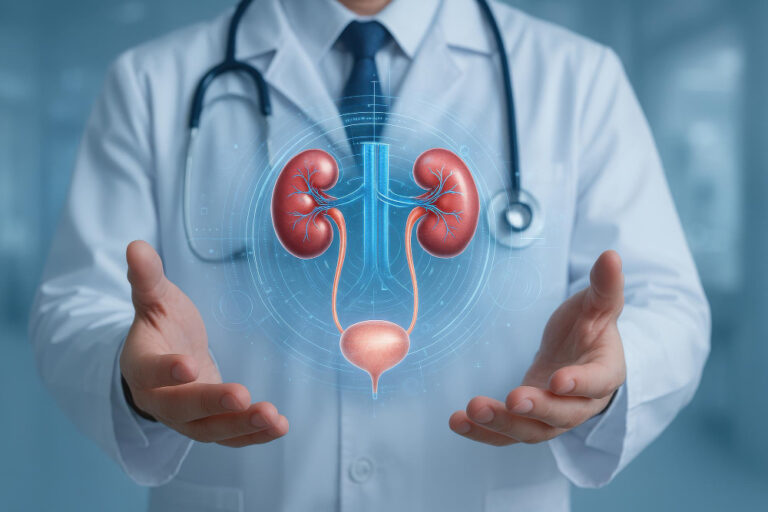
Sort By Letter


When Is It Time for a Replacement from Joint Pain?

Orthopedics: A Health Guide to Bones, Joints, and Movement

How Robotic Surgery Procedures Speed Up Recovery

Adolescent Health

Nephrology: A Patient-Friendly Guide to Kidney Health

The Endocrine System and Metabolic Health

Parent’s Guide to Childhood Milestones and Immunizations

The Science and Significance of In Vitro Fertilization (IVF)
Loading...
No guides found
Try different filters



